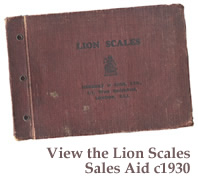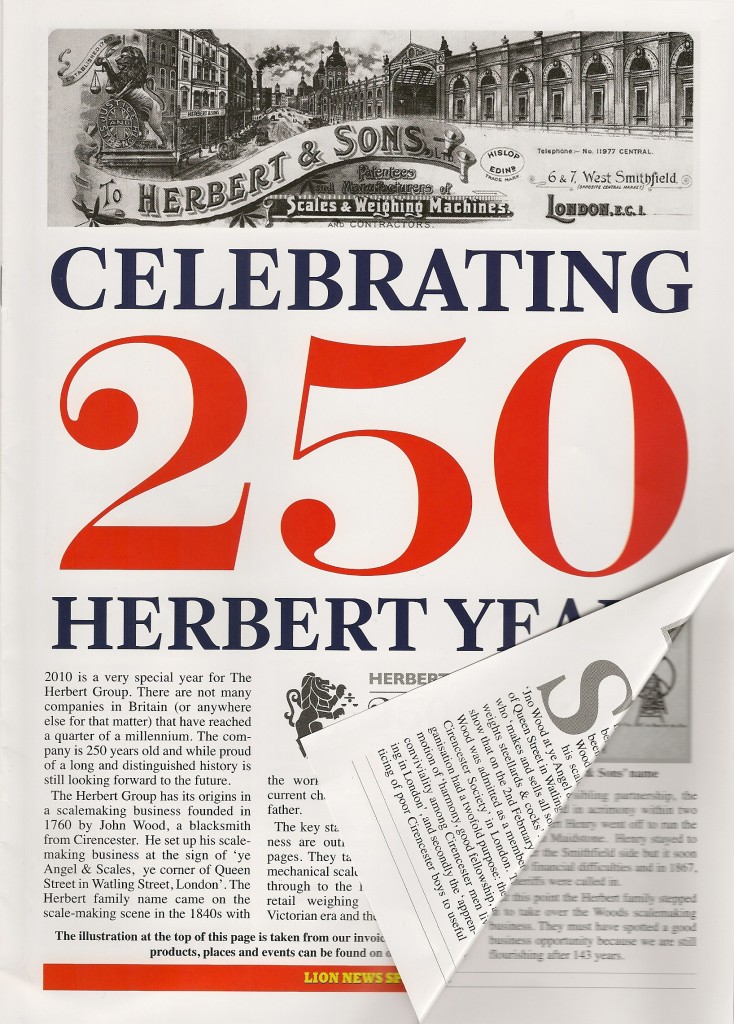Old Bailey TrialsThe Wood family appeared as witnesses, or were referred to, in at 4 least trials at the Old Bailey:
28th Oct 1795
Richard Wood was a witness at the trial of John Harris in 1795 saying ‘I am a scale beam maker. On 6th October, Tuesday evening, it may be some little before ten o'clock in the evening, I had just done supper, I thought I heard rather more noise than usual. I opened my door, and found a man of the name of North had a man in possession by the collar, and I was given to understand that he had made his escape out of the next house to mine.’
Harris, aged 36, was found guilty and transported for seven years.
21st Jun 1815
Then on 21st June 1815, two days after the Battle of Waterloo, the business was mentioned in the trial of David Mulvey. The first witness, James Cumley, said ‘I saw a man coming from the ruins after the fire in Five-feet-lane. I followed him into Watling Street, he went into Mr. Woods the scale makers’, followed by a second witness, John Duffell, who stated ‘I am in the service of Mr. Wood, in Queen Street. Two men came in and wanted to sell a copper brace.’
Mulvey, aged 25, was found guilty, but judgement was respited.
8th Sep 1831
In September 1831 Henry Smith and William Barnes were found guilty of pick pocketing, one Benjamin Lambeth, who on a hot August afternoon ‘was not sober, and laid down in Smithfield, opposite the Ram Inn, in one of the sheep-pens - I awoke about five o'clock, and my hat was gone from my head, my money from my breeches pocket and my stockings and shirt also - my shoes were taken off my feet’. Robert Wood and his brother-in-law William Clemson had watched this gradual removal of the drunken man’s possessions from their shop at 6&7 West Smithfield.
William Clemson said in evidence ‘I am a scale-maker and live in Smithfield. On 28th August, about five o'clock, I saw the prosecutor asleep in the pens; he then had his hat and shoes on - I saw both the prisoners there about five minutes after; they came up to him, from West Street, and took off his shoes and hat; then one of their companions who is not in custody, took the hat and shoes down West Street - they went away, came back again in about five minutes to try his pockets; I saw them take a white parcel, which appeared a shirt, from his coat pocket - they then went away; I went next door to my brother-in-law to inform him - and soon after they returned a third time; one of the prisoners laid down by the prosecutor's side, and rifled his pockets - I pointed them out to my brother-in-law; he went and they were secured - the third person was only with them the first time.’
Robert Wood added ‘I am Clemson's brother-in-law. I was informed of this; I saw the prisoners return to the prosecutor, and rifle his pockets; I went and procured an officer, and had them taken.’
The two boys, aged 21 and 17, were found guilty and sentenced to be transported for life.
7th April 1856
William Written, aged 17, who was apprenticed to Robert Henry Wood, was charged with stealing 6s from him and his partner Henry Wood. In his evidence Robert said ‘ I am a scale-maker, of Smithfield - I have one partner - the prisoner was my apprentice - he used to work in the shop - he was never allowed to take money - I marked three half crowns, a florin, and other silver, amounting to 21s., on 3rd March - I put it in the till, and it was safe at 12 o'clock in the day on 4th March - the prisoner was left in the shop alone from 12 o'clock till about 1 - there are several men employed in the shop, but they were gone to dinner - I came down from dinner about 10 minutes or a quarter past 2 o'clock - I then examined the till, and two half crowns and one shilling were gone - I sent for an officer - the prisoner was charged with taking money out of the till - he said he had not touched it - he was searched at the station - the police afterwards produced to me two half crowns and one shilling - they were part of the money I had marked and put in the till - the till was always kept locked - I had left it locked that day, and I found it locked - the prisoner had not a key of it, that I know of - he had no business to have one - he had been gone to his dinner, I suppose, about ten minutes before I came down - when I came down he was not there - he came back in about an hour.’
William Written was found guilty and confined for eight months.
|


